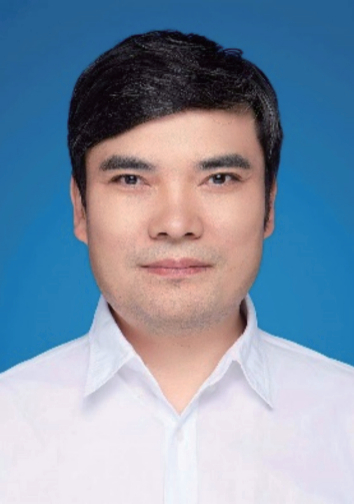Xin-Qiu Chen,Peitao Liu
Shenyang National Laboratory for Materials Science, Institute of Metal Research,
Chinese Academy of Sciences, 110016 Shenyang, China.
EXTENDED ABSTRACT: Machine learning (ML) based regression techniques have become a prominent tool to construct accurate interatomic potentials for materials modeling and simulations. This allows us to explore the configuration space much faster and more thoroughly than before, and enables theoretical studies that we could only have dreamed of 10 years ago. However, construction of suitable training structures is usually a fairly time-consuming trial and error process based on intuition. The thus obtained training datasets are nom叫ly huge and might contain unnecessary structures outside the phase space of interest, thus reducing the accuracy of the generated ML potential. In this talk, I will present the efficient on-the-fly active learning method based on Bayesian linear regression, through which the training structures are automatically generated during first-principles (FP) molecular dynamics (MD) simulations without the need of human intervention, while retaining near FP accuracy. To speed up the simulations, we develop the moment tensor ML potential originally developed by Shapeev through optimizing the basis sets using the generic algorism and simulated annealing. The optimized moment tensor ML potential shows a speedup by almost a factor of two for a comparable accuracy. Based on this, we further develop a code that integrates the active-learning training structures construction, ML model regression and validation. Using the developed code, I will present three selected applications: (1) temperature-driven martensitic phase transformations in Zr, (2) coveragedependent adsorption of CO on Rh(l 11) by combining ML and many-body calculations, and (3) ultrafast and reversible solidsolid phase transitions in Ti305 via ML potential combined with advanced sampling technique.
Keywords: Machine learning potential; moment tensor; active-learning method; phase transitions
REFERENCES
[l] P. Liu, J. Wang, et al., Phys. Rev. Lett. 130, (2023) 078001
[2] M. Liu, J. Wang, et al., arXiv:2310.05683 (2023)

Prof. Dr. Xing-Qiu Chen has completed his PhD from University of Vienna and Postdoctoral Studies from Vienna Center of Computational Materials Science, Vienna and Oak Ridge National Laboratory in USA. He is the Deputy Director of the Institute of Metal Research, Chinese Academy of Sciences. He has published more than 100 papers in reputed journals and has been serving as several editorial board members of Scientific Journals. His email address: xingqiu.chen@imr.ac.cn